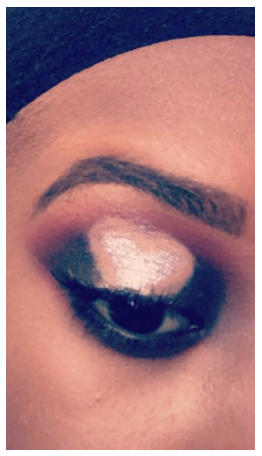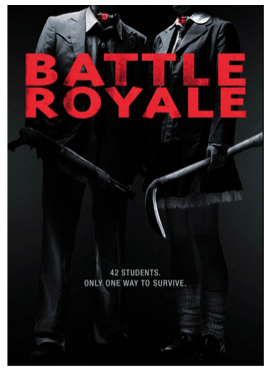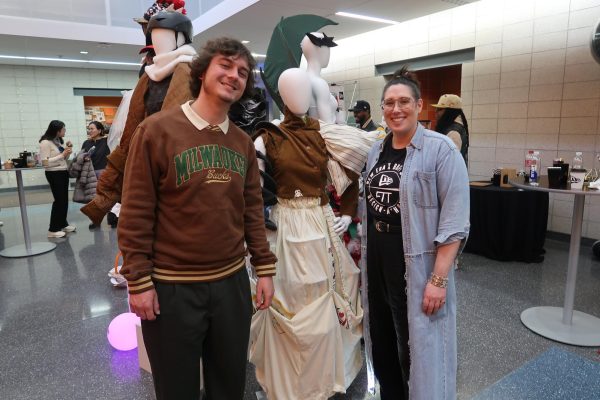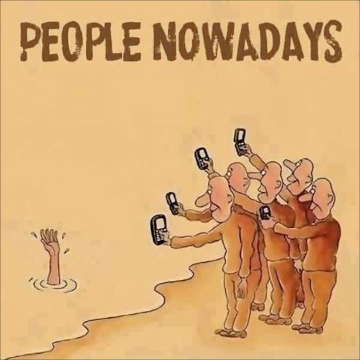Young social media users flee to Twitter as parents join Facebook
On Nov. 6, Twitter went public on the stock market. I was surprised to find that the value of Facebook was worth about five times Twitter at nearly $120 billion vs. $24 billion.
If I were an investor, I would buy stock in Twitter. I was never a huge user of social media in the past, but I’ve recently fallen in love with Twitter. I still check my Facebook once in a while, but I hardly use it in comparison.
Because I was “friends” with a lot of family members on Facebook, I never felt comfortable posting what I really wanted to. Because of that, I rarely posted anything at all.
If you use Facebook and are “friends” with family members, you’ve probably had an awkward moment, whether it was your uncle lecturing about how you used language he “doesn’t approve of” in a status update or your aunt commenting on a selfie with how grown-up you look and how much she misses you.
For me, it was a time in 10th grade when an ex-friend and I got into an argument for reasons that are irrelevant. We said some pretty nasty things to each other. Looking back, I don’t know why we had to argue on a public forum rather than via private messaging. Regardless, my aunt saw it, showed my mom, and I was grounded for weeks. I was careful about what I posted ever since then.
When I looked up the stock value of Facebook and Twitter, I read a lot of “expert” analysis and predictions about what each company’s stock was going to do in the future. I’m not an expert, but I do know why most young people are abandoning Facebook for Twitter – freedom.
When you consider the fact that a higher percentage of young people use social media with more frequency than older people, it’s likely that Twitter has a brighter future than Facebook.
If I were Dick Costolo (Twitter’s CEO) I would be making it a point of emphasis to keep Twitter as unattractive as possible to the 30+ demographic, as a migration of parents from Facebook to Twitter seems like the most likely reason for the site’s downfall to me.
So let’s say in some extremely strange turn of events, some sort of executive at Twitter or Facebook stumbles upon this article, my advice to them is this — make social networking a niche; cater to a specific demographic instead of trying to get everyone to use your site.
I’m sure adults would like to post things that they normally wouldn’t because they fear their niece or nephew will see it, the same way younger people don’t want their aunts and uncles to know exactly what they’re doing every Saturday night.
It’s nice to keep in touch with family members you don’t see much, but you can easily share anything you can on Facebook or Twitter via email or texting.
My point being is that it surprises me that social networks still try to attract people of all ages instead of targeting a specific demographic. Facebook and Twitter could continue to compete against each other for users, or they could choose to focus on one age group and make it a more desirable experience for all their users instead of worrying about being too lame to younger users or too edgy for the older ones. I do see a bit of this happening already.
For example, Twitter doesn’t ban accounts that post nudity. The Internet is still the Internet no matter what website you’re on and Facebook will never totally eliminate things like that, but they definitely make more of an effort to.
Especially from Facebook’s viewpoint this seems like a good idea because when it comes to social media, older people are usually trying to keep up with younger people, rarely vice-versa.
All I know is the first time my mom retweets me, I’m deleting my Twitter account.
Email: [email protected]

















